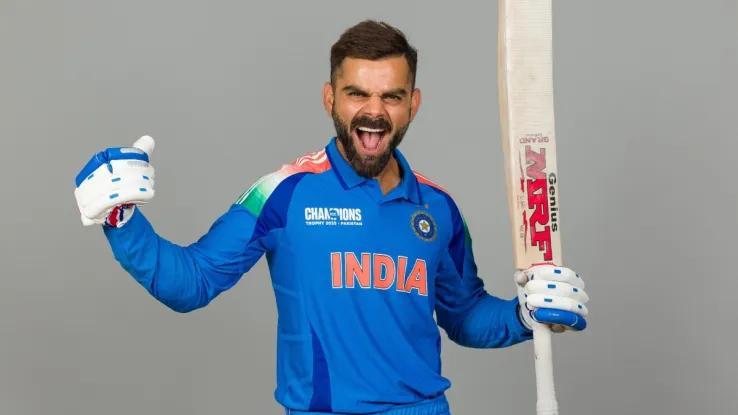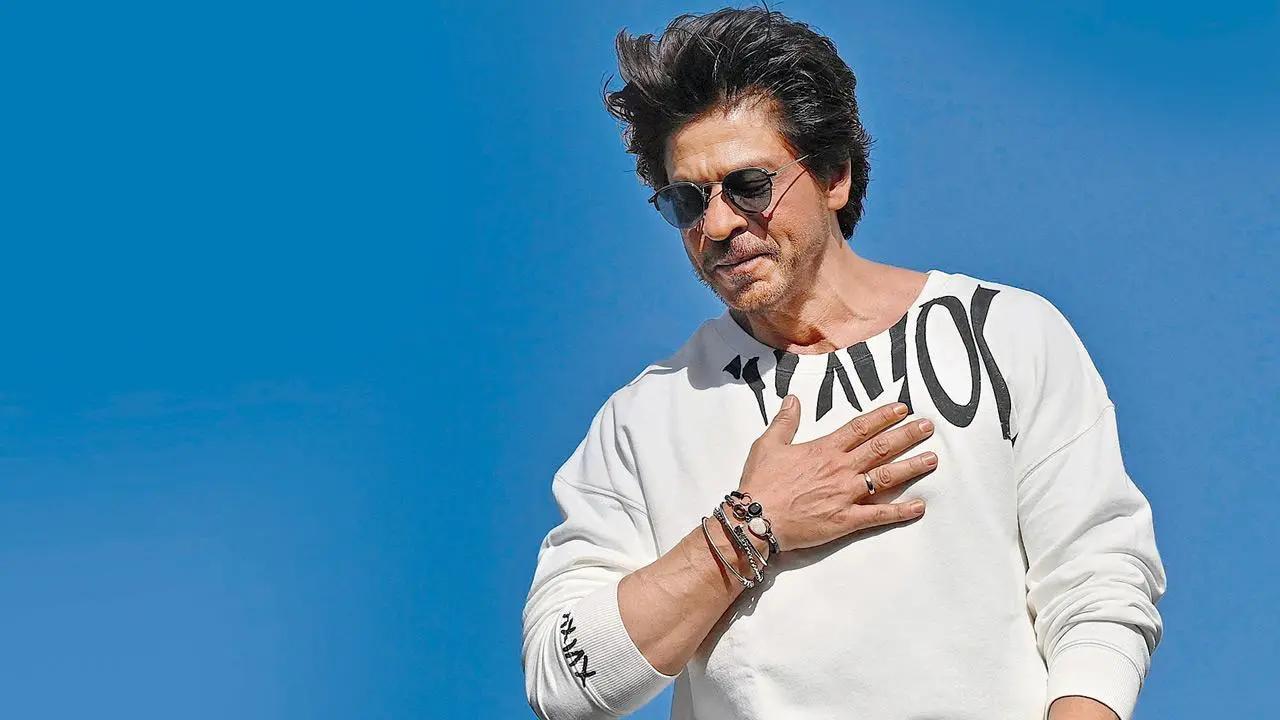
In an unexpected turn of events during the UEFA Nations League match between Israel and Italy, a group of approximately 50 Italian fans donned in all black demonstrated a visible protest by turning their backs during the playing of Israel’s national anthem. This incident occurred at the Bozsik Arena in Budapest, Hungary, where Israel has been compelled to relocate their home games due to the ongoing conflict with Hamas.
The Italian supporters, often identified as “ultras,” also prominently displayed an Italian flag emblazoned with the word “Liberta” (freedom), signaling their discontent. Accompanying this flag were banners adorned with black slashes, further cementing the protesters’ defiant stance.
The game itself concluded with Italy emerging victorious, defeating Israel 2-1. This win places Italy at the top of the four-team group in League A, Group A2 of the Nations League, providing a silver lining to what was otherwise a match overshadowed by the controversial demonstration.
### Background of the Protest
The backdrop of this protest involves multiple layers of geopolitical and fan culture dynamics. The Italian ultras are known for their fervent support and, at times, their provocative actions that include political statements. The display of the word “Liberta” hints at a broader discontent which may not be directly related to the match or the teams involved. Instead, it could resonate with ongoing issues within Italian society or their views on international matters, including conflicts such as the one in Israel.
The relocation of Israel’s home games to Hungary is a direct result of safety concerns arising from the conflict with Hamas. This move symbolizes a significant disruption, making Israel’s fixtures more complex due to the need to play in neutral grounds.
### The Game and Its Aftermath
On the field, Italy showcased an impressive performance. The team, invigorated by the presence of their fans despite the protest, managed to secure a 2-1 win over Israel. This victory is crucial as it propels Italy to lead in their Nations League group, setting them on a favorable path toward advancing further in the tournament.
.
The Israeli team, on the other hand, faced the double challenge of performing away from home and under the shadow of political turbulence. Still, their efforts on the pitch were commendable despite the defeat. The overall ambiance in the stadium was one of mixed emotions – triumph for the Italian side and a sense of enduring adversity for the Israelis.
### Broader Implications
Fan protests such as this raise questions about the role of political and social issues in sports. While the arena of sports is often seen as a unifying force that transcends geopolitical divides, it is also a powerful platform for expression. The actions of the Italian ultras not only brought attention to their cause, whatever its precise motivations, but also highlighted how sports events can become stages for larger societal conversations.
### Official Reactions
Responses to the protest have been varied. While some have criticized the Italian fans for mixing politics with sports, others have defended their right to freedom of expression. The latter argue that such demonstrations, though controversial, are essential in a democratic society where voices must be heard, especially in times of conflict or societal unrest.
The governing bodies of the UEFA Nations League have yet to issue a formal comment on the incident. However, it is expected that there will be discussions on how to address similar protests in future games, possibly through enhanced crowd management strategies or stricter regulations on fan conduct within the stadiums.
### Conclusion
The Nations League match between Italy and Israel will be remembered not just for the statistics and scores, but for the poignant and provocative message sent by a segment of Italian fans. As Italy celebrates their victory and looks forward to the continuation of the tournament, the protest serves as a temporal marker of the complex interplay between sports, politics, and international conflicts.
The broader football community will be watching closely to see how UEFA and the respective football associations respond to such events, ensuring that the integrity and spirit of the game are upheld while acknowledging the right of fans to express their views.










